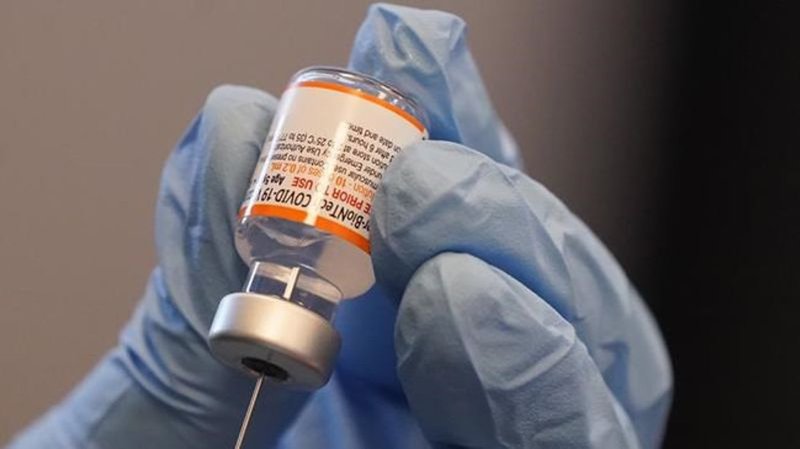
Feds to announce approval of kids’ COVID-19 vaccine, easing of border measures Friday
OTTAWA — The federal government is set to announce Friday that Health Canada has approved the COVID-19 vaccine for children aged five to 11, then later detail plans to ease some of the pandemic-related measures at the border.
The federal government has scheduled a media briefing with officials at 10 a.m. Friday to share news regarding authorization of the Pfizer-BioNTech vaccine for children.
Officials will also give an update on recommendations from the National Advisory Committee on Immunization.
Provinces have said they are poised and ready to start vaccinating children as soon as doses are distributed.


